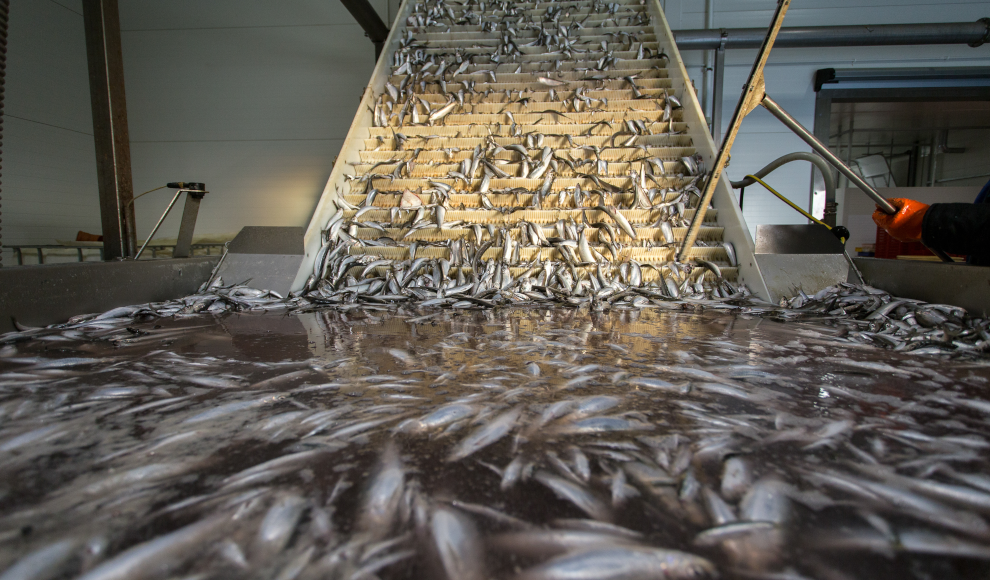A new solution has been developed by researchers at Chalmers University of Technology that can significantly increase the shelf life of fish waste, allowing it to be processed into valuable food products. The solution is part of a four-year project called WaSeaBi, which aims to maximize the efficiency of using by-products from the seafood industry to develop innovative methods for producing nutritious and tasty foods. The industrial processing of fish results in approximately half of the fish weight being discarded, despite containing proteins and omega-3 fatty acids. The solution developed by the researchers can increase the shelf life and potential uses of these so-called “side streams” in the food industry.
The current methods used by the industry to upgrade by-products include converting them into food ingredients such as minced meat, protein isolates, hydrolysates, and oils. These methods could help reduce the current practice of using by-products as animal feed or, worse, disposing of them. However, the unsaturated fatty acids found in fish are highly susceptible to oxidative degradation, which leads to a decrease in quality after just a few hours. This has unpleasant effects on the taste, smell, color, and texture of the end product. The solution developed by the researchers is based on natural ingredients, including rosemary and citric acid, and provides a valuable time window for manufacturers to store and transport by-products before upgrading them into various food ingredients.
The results of the study showed that dipping the by-products from the herring filleting process into the solution before storage significantly extended the time until rancidity occurred. At 20 degrees Celsius, the storage time increased from less than half a day to more than three and a half days, and at 0 degrees Celsius, it increased from less than a day to more than 11 days. The solution coats the surface of the by-products with a thin layer of antioxidants, which are then transferred to the next stage of the process, resulting in higher-quality minced meat, protein, or oil components. The researchers also found that the solution stabilizes fish hemoglobin in a form that is less reactive with fatty acids, which they suspect is the cause of the reduced oxidation.










